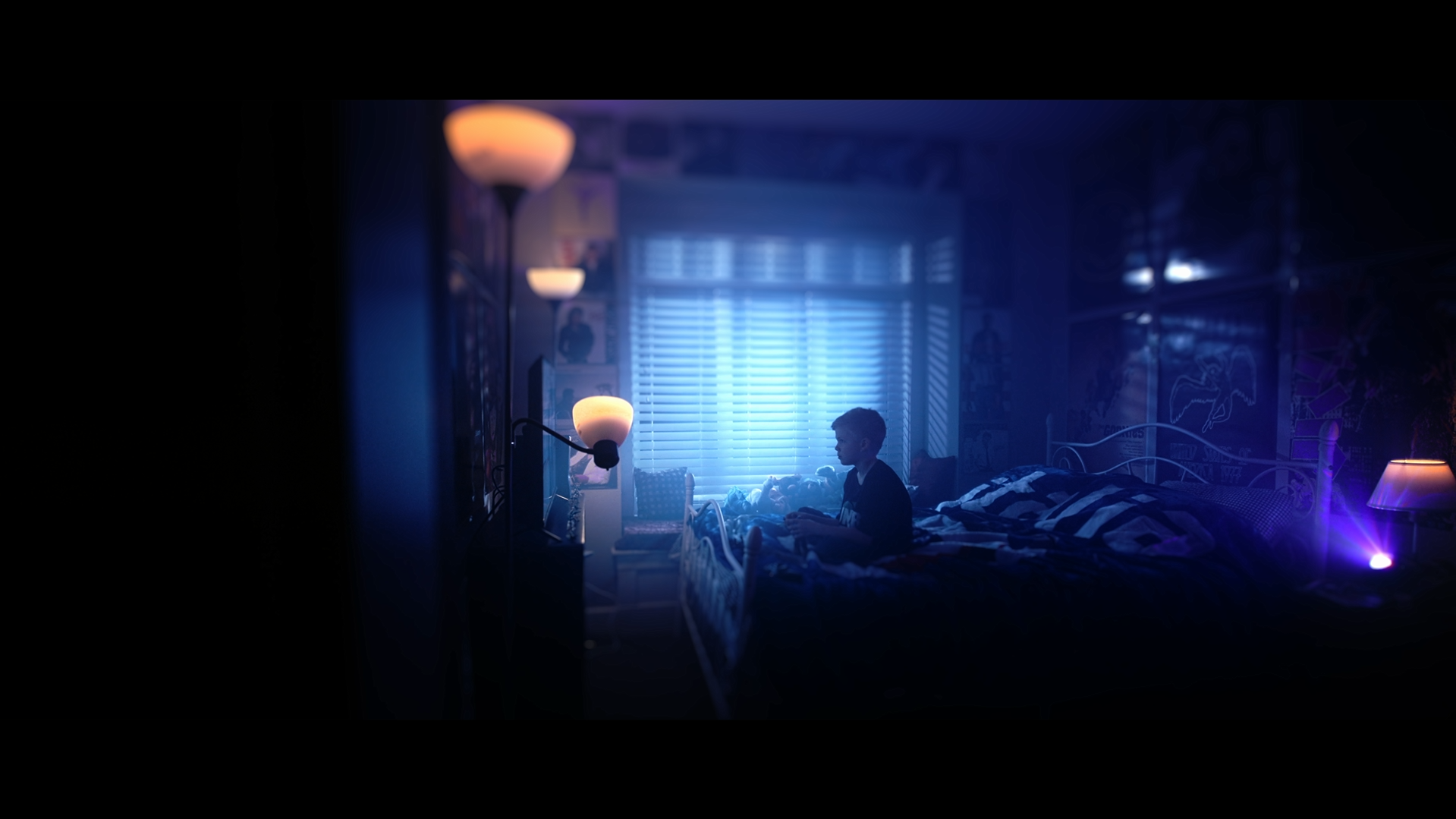Unpacking Emotional Depth: The Journey of Creating a Personal Short Film
Creating a short film based on a personal, true story is an experience that transcends simply capturing moments on camera; it’s a cathartic journey into the past, a chance to confront things long buried, and an opportunity to finally say the words you’ve been holding in. For me, making this short film was not only a way to tell a story—it was a way to process years of emotional turmoil and the effects of a fractured family dynamic. It was a labor of love, but also of pain, doubt, and self-discovery.
The story I chose to tell wasn’t easy to write. For a long time, I wondered if I should even share such a personal story. I found myself battling against the thought: Would people really be willing to listen?. My experiences, the complicated relationship with my dad, and the lingering questions about how his absence affected me were all things I had never fully unpacked. I was unsure if it was even something I wanted to revisit, let alone put out into the world. But something kept pulling me back to it. I realized that telling this story—though deeply vulnerable—was a way to heal.
Writing the Short Film - A Personal Story
As I sat down to write, I found myself confronting pieces of the past that had been hidden in the back of my mind. In doing so, I began to understand things about myself that I hadn’t before. One of the most significant realizations came when I began to explore how my relationship with my dad had shaped my passion for cars. For years, I had no desire to even look at a car, let alone love one. But as I wrote, it became clear that my memories of my dad were inextricably tied to automobiles. They were the vehicle of our interactions and they defined so many of our fleeting moments together.
When he left, I couldn’t separate the cars from the emotional weight he had left behind. It was as though every car I saw reminded me of the things I lost. Writing this short film allowed me to unpack those feelings—how something I once loved became something I could no longer bear. It felt like I was finally able to confront why I had closed off this part of myself for so long.
Shooting The Short Film - A Final Release of Emotions
Shooting the film was an equally emotional experience. It wasn’t just about telling a story. It was about embodying the pain, the longing, and the unresolved anger I had held for years. Every shot felt like a confrontation with my own past, and each scene was a chance to say things I never had the courage to say before—words I wanted to say to my dad, who was never around. The process of translating those emotions into visuals was an emotional release I didn’t expect but desperately needed.
Throughout the making of the film, I went through many “hills and valleys.” At times, it felt like an emotional roller coaster. There were days when I doubted whether I was doing the right thing—whether sharing this story would be seen as self-indulgent or, worse, irrelevant. But then I realized that this wasn’t about anyone else. It was about me. It was about finding closure, expressing myself, and embracing parts of my identity I had long kept hidden. It was about making peace with the past, no matter how difficult it was to confront.
Ultimately, completing the short film was not just an artistic achievement—it was a form of personal therapy. By the time the final scene was shot, I had not only created something I was proud of, but I had also gained a deeper understanding of my relationship with my father, my own identity, and how those things shaped the person I am today.
When you create something that comes from such a personal place, it feels like a release. A way to say what you’ve been too afraid to admit. And as I watched the final edit, I realized that even though my dad may never see it, this film was a letter to him—a way of finally speaking my truth, no matter how long it had taken to find my voice.




